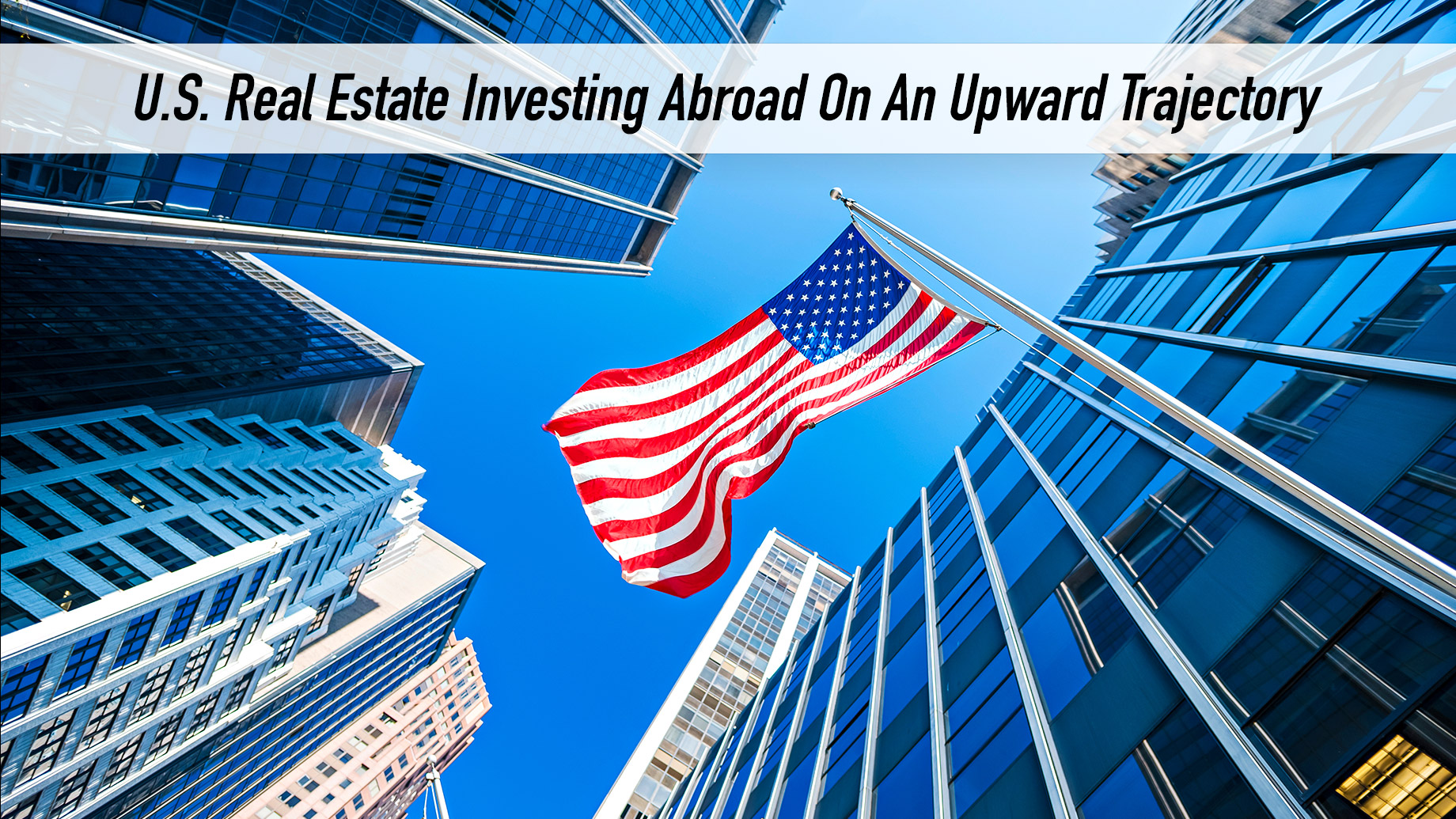
The harsh truth is that the dream of homeownership is fast transforming into little more than a hopeful fantasy for too many. The last few decades witnessed wave after wave of gentrification sweeping across the US and property rises only went up. Even the credit crunch and subsequent global banking crisis only proved to be temporary setbacks and since the low point of 2008, property markets have posted record gains.
Even the global COVID pandemic could not stop the rise of the house price and in fact, during the last 2 years rose a whopping 20%. Many commentators have pointed out that this is unsustainable and indicative of an asset bubble.
With prices rising and the prospect of a housing bubble bursting in the near future, it is little wonder that some investors no longer view the US real estate market as particularly attractive. Whilst some investors are turning their attention and channeling their investment towards gold or crypto – others are now exploring the global real estate market.
Indeed, whilst the US real estate market may well have reached peak saturation, this is not the case in many other countries. Eastern Europe for example, offers a tantalizing mixture of stability, rapid economic growth, and high living standards coupled with low property prices. Other real estate markets like Mexico, India, and Nigeria are less obvious options but for this reason, can offer very lucrative returns.
The Challenges of Investing Abroad
However, choosing which particular country’s property market to invest in can be challenging in itself – there are a lot of considerations to take into account. Even once a suitable investment country has been identified there are many other factors and potential challenges that need to be carefully contemplated.
Let’s take a quick look at some of them.
Are You Allowed To Own Property?
This may come as a surprise to citizens of neo-liberal meccas such as the US and the UK but a lot of countries in the world have strict rules about foreigners owning property. Some allow it for resident foreigners only (ie, not for investors) whereas others forbid any foreigner owning property altogether.
There is often a workaround available for the very determined such as finding a native business partner or forming an LLC in the country in order to acquire the property. However, these workarounds can be expensive to arrange and usually carry some unique risks (such as the local business partner ripping you off).
Taxes
Buying an investment property abroad can present a lot of opportunities but can also create some serious liabilities including tax liabilities. In all likelihood, an investor will have to pay the relevant property purchase or sales taxes in the country in which the property is located (there are very few exceptions here).
However, US citizens may also have to pay taxes for the very same transaction in the US too. Yep, one of the unique quirks of being a US citizen is that sometimes it can mean being double taxed. Paying an extra tranche of tax can even make some investments unviable.
Travel
Whilst online retail culture is now rooted deep in our consciousness and economies, it hasn’t quite crept into the retail market quite yet. Relatively few people would ever want to buy or invest in a property without actually seeing it and as such, wise investors would do well to visit before they buy.
Travelling to and spending time abroad carries a cost that needs to be factored in. Furthermore, travel costs have increased substantially because of the COVID pandemic.
National Stability
It may not always feel like it, but in the US, it is pretty good. The dollar remains the world’s premier currency, the country is politically and legally stable, and economic downturns are only ever temporary.
That is not the case in much of the world though. Many countries out there still experience political instability or governmental corruption, wild fluctuations in the value of their currencies, and economic recessions that don’t ever seem to end.
To offer up a striking example, Venezuela would have been considered a great place to invest in in 1998. By 2014 however, it was an economic no-go area and many expats who didn’t “get out”, were left with more or less worthless properties.
Overseas Payments
This one is all too often overlooked. However, making a large payment overseas (i.e. to a foreign bank in a foreign currency) can itself prove to be very costly. Whenever an investor relies on the banks to process the payment, banks levy fees which can sometimes prove to be very high. Additionally, the bank will also get to choose which exchange rate is used and they will choose one which benefits them at the customer’s expense.
It is quite possible that using a bank to handle an international payment could cost up to 3% of the value of the transaction. For this reason, experienced investors often prefer to sidestep the banks completely and use other methods of sending payments abroad. A common way to bypass the banks is by opening an account with one of the best companies for money transfers and using them to handle the transaction.
Currency Exchange
Even when transacting into a stable currency, exchange rates still need to be taken into consideration. For example, if an investor buys a property in Greece for €100,000, at today’s rate that is $110,958. But, when the property is re-sold in 5 years’ time that €100,000 could conceivably be worth $105,000 or it could be more like $115,000.
Again, these changes in exchange rates can eat away into profit margins pushing some investment ops into the realms of being unsuitable.
Final Thoughts
Investing in the global property and real estate markets is exciting and potentially lucrative but does carry some risks and some additional complications. Some of these challenges are bigger than others but the fact is that with due diligence and care, an investor can give themselves the best chance of succeeding.